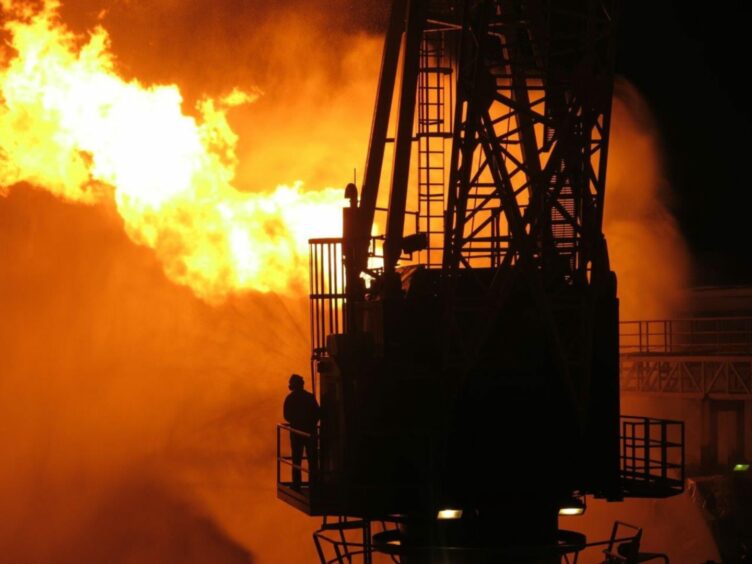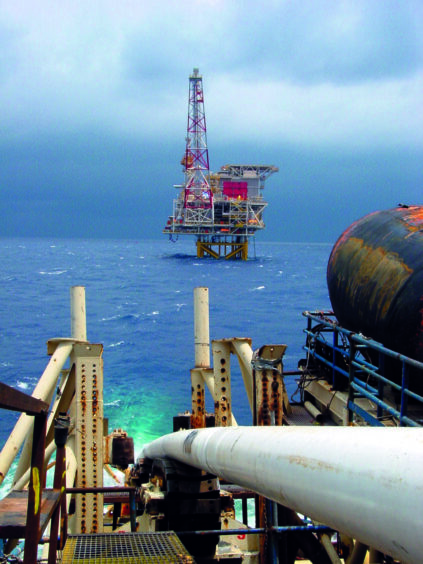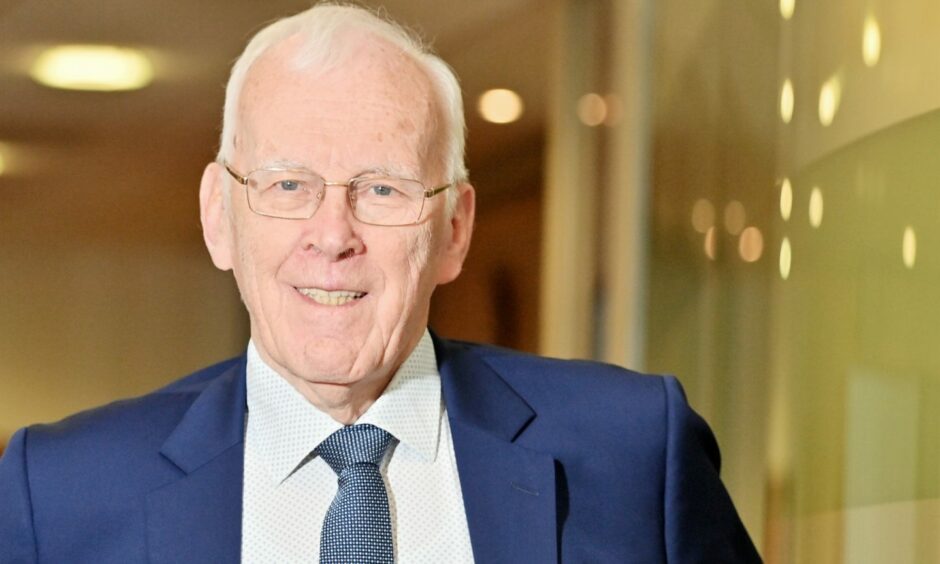Energy consultancy Wood Mackenzie (WoodMac) has claimed Labour’s decision to halt new licences will have “minimal impact” on North Sea investment.
Party leader Sir Keir Starmer outlined the policy yesterday.
Business leaders have warned it threatens thousands of jobs and will be “damaging for the industry, for consumers and for the UK’s net-zero ambitions”.
‘Largely symbolic’
But Edinburgh-based WoodMac said the policy could be seen “as a largely symbolic gesture”.
Labour has already said all activity on existing licences will be allowed to continue.
Other factors are expected to be far more important in terms of driving investment decisions, like the North Sea windfall tax, WoodMac said.
Greg Roddick, principal analyst for upstream at the company, added Sir Keir’s announcement could even be interpreted as a softening of Labour’s previous position.
According to WoodMac, the UK has yet-to-find potential fossil fuel resources of just over one billion barrels of oil equivalent (boe).
This is largely within existing licences which won’t be impacted by the policy, it said.
Mr Roddick explained: “Labour has said changes would only impact the offer of new licences.
“Opportunities in existing licences are more material and, in recent years, exploration drilling has already dropped to historic lows.
“In short, the industry has long had the opportunity to secure the most prospective UK acreage – and has largely already done so.”
Exploration drilling has already dropped to historic lows.”
Greg Roddick, Wood Mackenzie
He continued: “There is no guarantee that new, commercial discoveries will be found. Those that are will likely be small and unlikely to reverse the trend, given the maturity of the UK continental shelf.
“Given the challenging environment in the UK, open acreage would be considered much higher-risk and is unlikely to attract the attention of the industry’s leading explorers.”
Other factors more important for UK North Sea’s long-term future
WoodMac North Sea oil and gas naalyst Jessica Brewer said Labour’s decision to stop new exploration licences would not impact future investments as much as other factors.
“The introduction of a windfall tax and the uncertainty around the Labour Party’s fiscal proposals will be the biggest hurdles facing investment in new oil and gas projects in the UK,” she added.
WoodMac estimates nearly five billion boe are still to be produced from existing and approved UK oil and gas projects. Another three billion boe is expected to come from projects awaiting a final investment decision, reserve growth and existing discoveries.
Ms Brewer said: “Labour has indicated new developments on existing licences will be respected. Fiscal policy will have a greater bearing on projects in the longer-term.”
Energy industry doyen Sir Ian Wood said yesterday the proposed ban on new oil and gas licences was “very concerning, and economically and environmentally damaging.
He added: “It makes absolutely no sense to reduce our reliance on domestic oil and gas production only to increase imports from overseas and place in jeopardy tens of thousands of jobs.
“This is exactly what will happen if this approach is taken.”
David Whitehouse, chief executive of trade body Offshore Energies UK, said the policy to end exploration after the next election was “too much too soon”.




Conversation